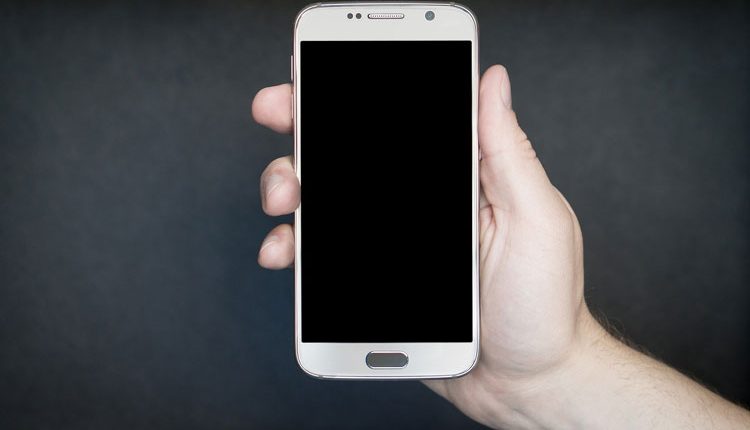Scientists are looking at smartphones in an attempt to cure cancer. It is an attempt toward smartphone conscription. BBC reported on Friday that the focus is on childhood cancers. And the phone type focus is on Android.
“The system is currently not available for iOS,” said the BBC’s Jane Wakefield, “due to developer rules that govern how apps run on the Apple platform.”
The goal is to help find cures for six types of childhood cancer, including brain tumors, cancer of the liver and bone cancer.
BBC’s Jane Wakefield said they want to work out which compounds can best fight cancer cells; the scientists want to run simulation tools to predict a compound’s performance. The Asahi Shimbun said the project is aimed at, ‘identifying chemical compounds that inhibit the function of four sorts of proteins associated with cancer proliferation’.
Your Android device has spare computing power that can be put to work for scientists.
You would need to download an app. How it works: For researchers, it gives them access to a virtual super-computer. A program manager told the BBC: “When you have spare computing power the app requests one of the calculations and if the person, for instance, starts to watch a video, it will pause. When it is done, it sends it back to the community grid.”
The Asahi Shimbun said that the potency of the devices when left on standby can be channeled to analyze the chemical compounds.
Wakefield said the work is part of a citizen science project set up by IBM; The World Community Grid was set up by IBM in 2004; she said over 700,000 volunteers, “have helped researchers process complex computations, including ones to better understand Ebola, Zika, tuberculosis and HIV Aids.”
Last year, a report from Rutgers University said the IBM-created grid, to address researchers’ critical need for supercomputing power, “provides massive amounts of supercomputing power to scientists for free by harnessing the unused computing power of volunteers’ computers and Android devices.”
Wakefield said that WCG is now working with the Smash Childhood Cancer project. The researchers for Smash Childhood Cancer already have extensive experience with various childhood cancers, said a WCG research item, and they are looking to identify potential drug candidates to treat the diseases.
Specifically, the goals of Smash Childhood Cancer were outlined by the WCG site. The goals are (1) To use the computing power donated by WCG volunteers to search for ligand molecules that bind to selected target molecules (2) test the most promising results in the lab and (3) make the computational data and research findings publicly available to other scientists.
The Asahi Shimbun reported that in 2009, Akira Nakagawara, CEO of the Saga-ken Medical Center Koseikan and leader of the SCC project, used the WCG to pinpoint chemical compounds that inhibit the activity of a protein associated with cancer cell proliferation in neuroblastoma, one of the cancers that affects children. At that time 3 million compounds were surveyed; 7 substances turned out to have a positive therapeutic effect.


Comments are closed, but trackbacks and pingbacks are open.